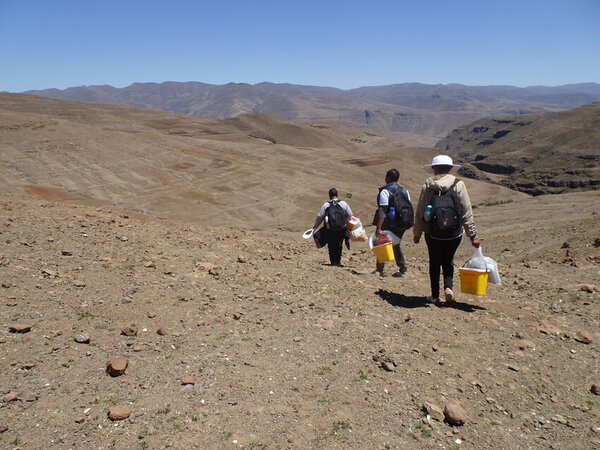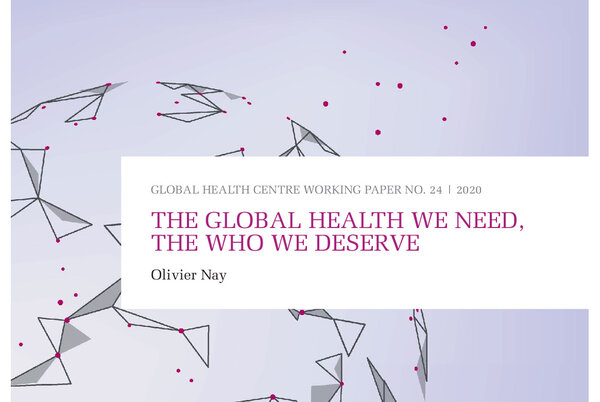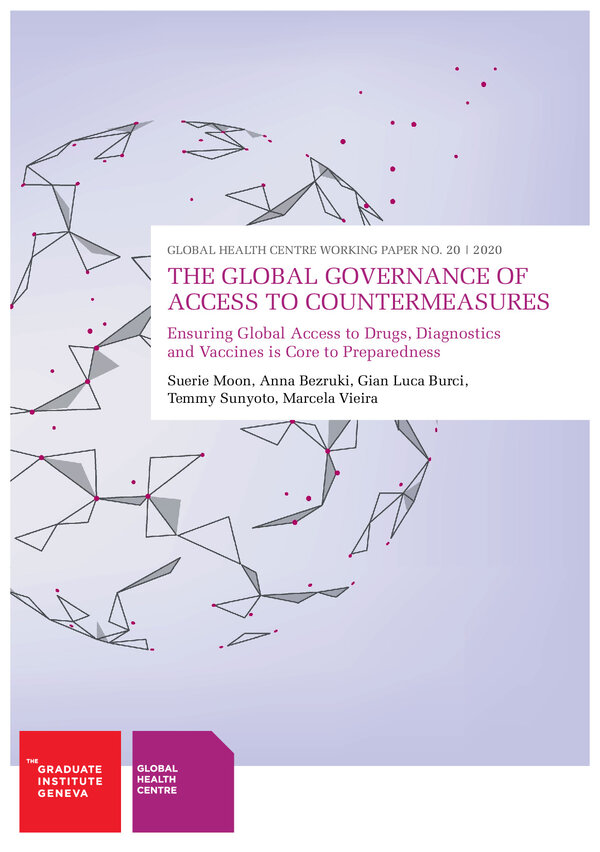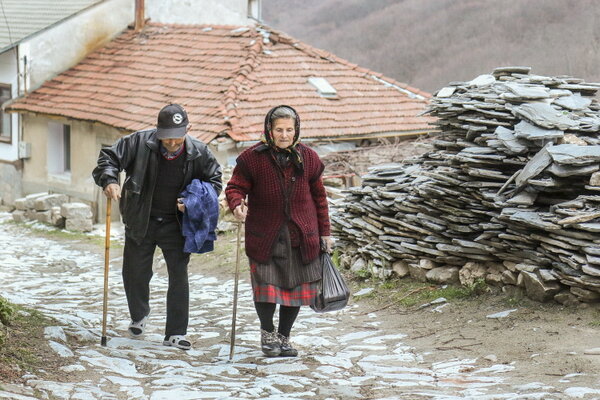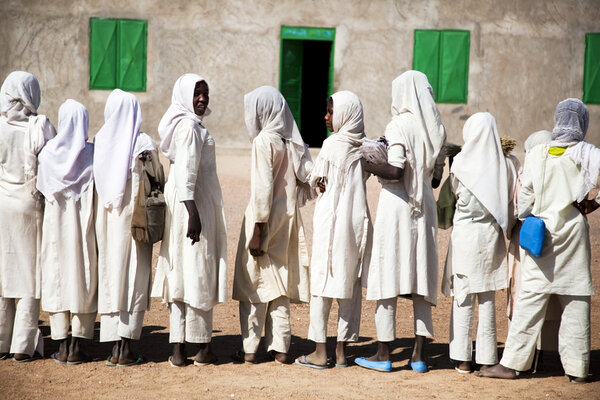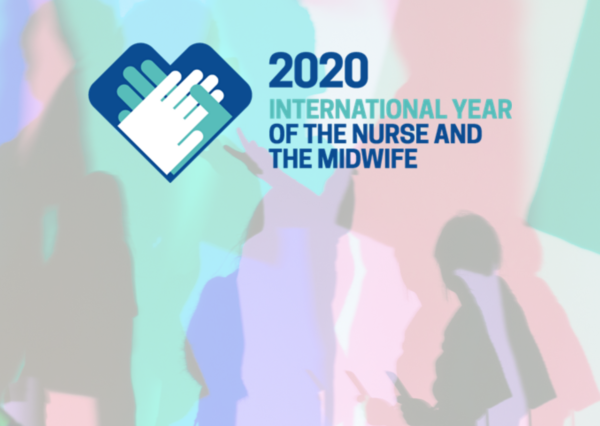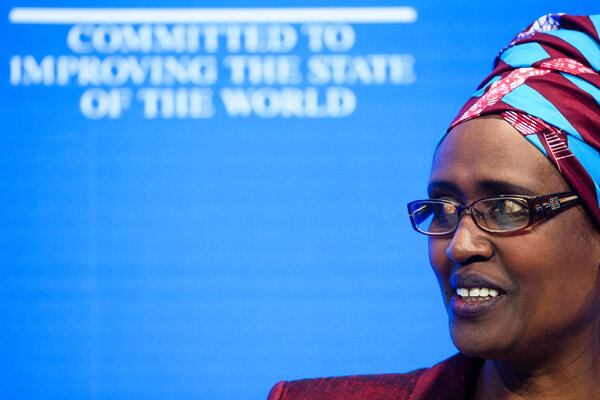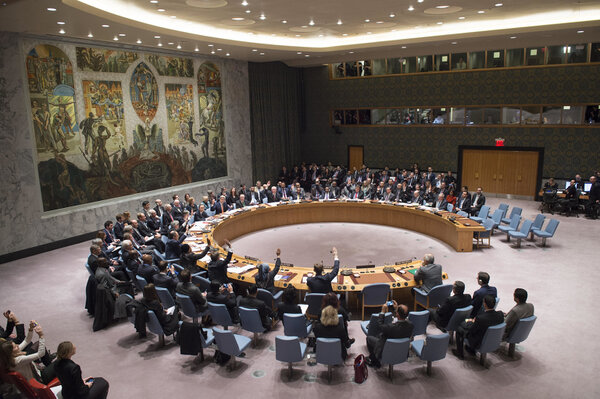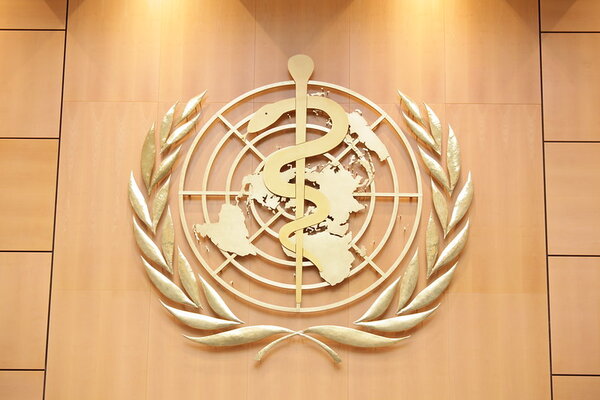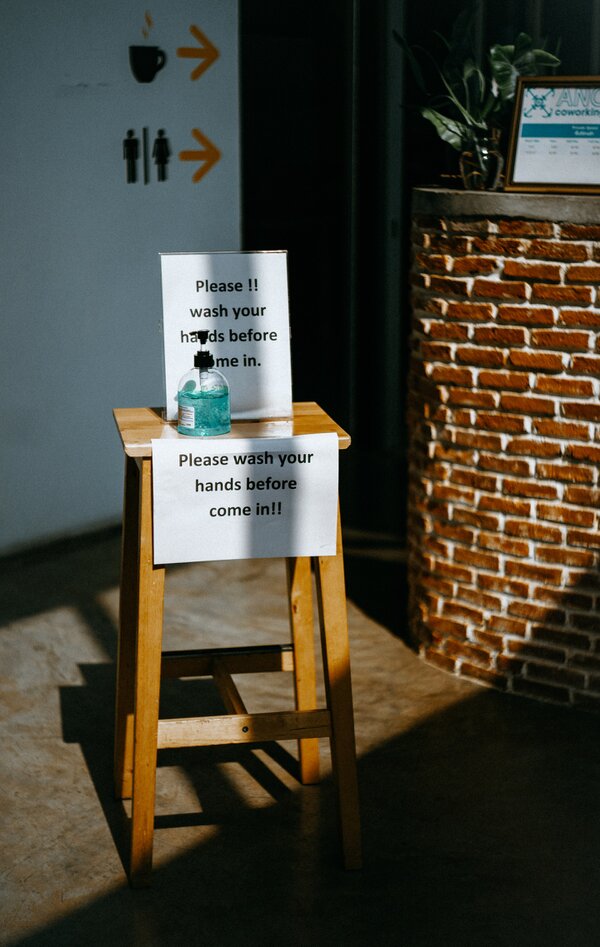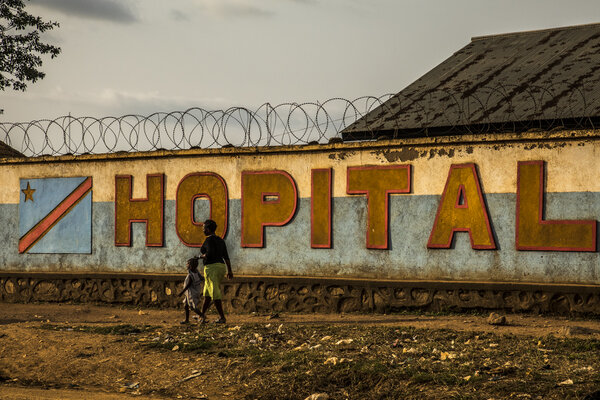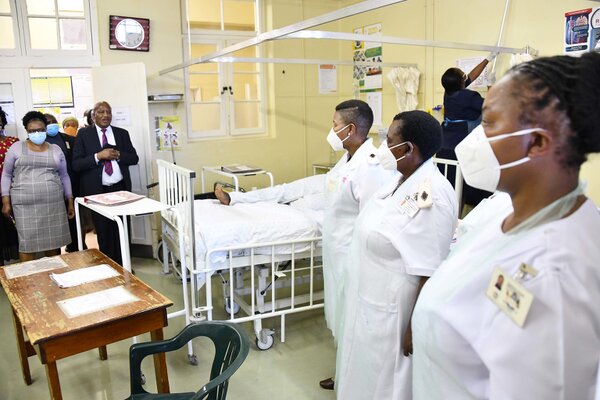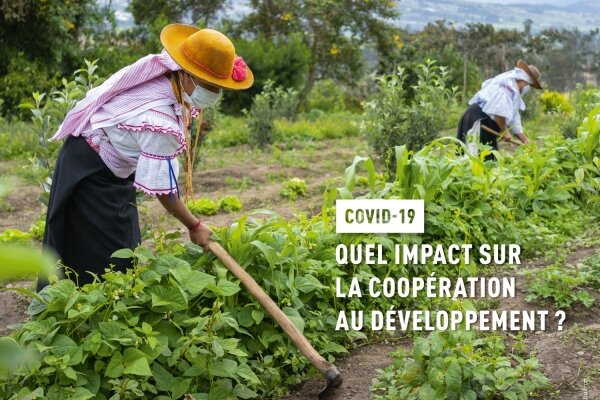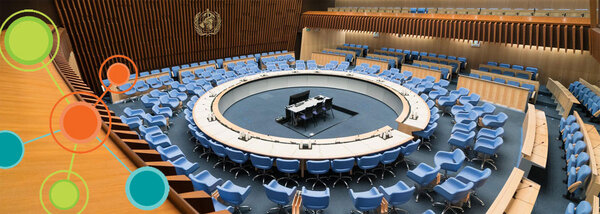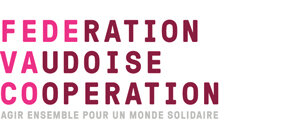Dans quelle énième phase de la pandémie sommes-nous réellement ? La phase de refoulement a été suivie de la phase intensive, au cours de laquelle nous avons pu réfléchir aux différentes dimensions de la pandémie dans le calme du confinement. Puis vint la phase estivale qu’on pourrait surnommer après-tout-ce-n’était-pas-si-grave, qui a insidieusement débouché dans une phase automnale d’incertitude, puis dans la phase mortelle actuelle de l’ignorance. Chaque phase ressemble à son propre univers dans un jeu vidéo connecté dans lequel nous devons combattre dans les différentes espaces.
La phase effrayante
L’espace actuel est le plus effrayant – ici en Suisse, nous recensons d’innombrables décès et, en tant que collectif, nous ne sommes manifestement pas encore prêts à honorer nos morts. Dans le même temps, nous espérons parvenir à la phase finale dans la lutte contre le virus, dont la virulence augmente. Et nous ignorons toujours combien d’espaces il reste à affronter avant d’atteindre cet objectif.
L’analogie avec le jeu vidéo est peut-être tirée par les cheveux, mais comme d’habitude dans un tel jeu, nous sommes si absorbés que nous avons tendance à perdre notre capacité d’analyse, car nous sommes hyper concentrés, et dans le même temps, nous ne sommes plus capables de percevoir notre environnement.
Bases de la compréhension commune
Pour le Réseau Medicus Mundi Suisse, il importe à ce stade de prendre du recul sur les événements et de comprendre ce qui s’est réellement passé et ce que cet événement signifie pour le travail au sein de la coopération internationale. Nous sommes convaincus que la santé et le droit à la santé doivent être revendiqués sur de toutes nouvelles bases. Le temps est maintenant venu pour la Suisse de faire de son engagement en faveur de la santé globale un pilier d’une politique étrangère solidaire.
C’est ce que nous voulons défendre avec nos organisations membres. Nous jetons maintenant les bases en analysant ensemble ce qui va changer dans notre travail du fait de la pandémie et comment nous pouvons renforcer la capacité de la Suisse à jouer un rôle crédible en faveur de la santé pour tous. Ce serait alors la lumière au bout du tunnel.
Martin Leschhorn Strebel
Réseau Medicus Mundi Suisse
E-Mail



